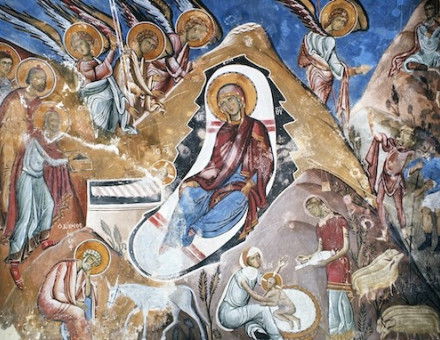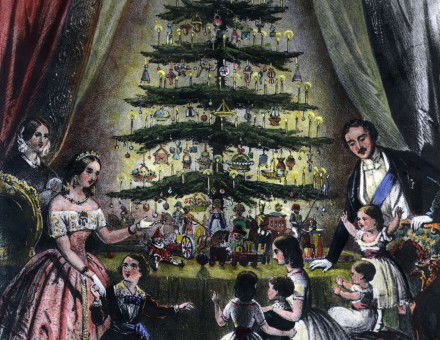A Soldier's Tale from Krushchev's USSR
Grigori Chukhrai talks about the political pressures surrounding his award-winning Second World War film
Born in the Ukraine in 1921, Grigori Chukhrai has a prominent place in Soviet cultural history by virtue of his position in the new wave of more open film-making that emerged after Stalin's death. Chukhrai (left) first came to prominence in 1956 with his film The 41, which was an outspoken critique of the 'hero-cults' of Stalinism; but perhaps his most prominent and controversial work was that produced three years later – The Ballad of A Soldier in which he chew on his own experiences as a young soldier in the Second World War – he was at the siege of Stalingrad. Here he talks – in an article originally prepared for History Today's Russian counterpart, Rodina – about the back- ground to the controversy and what it reveals about the tensions between individual creativity and toeing the party line and the pressures faced as the Soviet Union slowly emerged in the late 1950s from the shadow of Stalinism.





